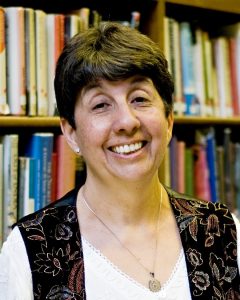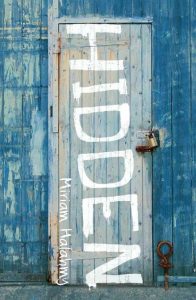On his first trip to Nigeria as president, France’s Emmanuel Macron seemed anti-establishment.
Yes, he landed to the regular pomp of a presidential welcome and had a meeting with Nigeria’s president Muhammadu Buhari in Nigeria’s capital. But beyond that, much of the 40-year old’s visit was removed from government business.
First was a conspicuous trip to New Afrika Shrine, a concert venue in Lagos owned by the family of the Afrobeat legend Fela Anikulapo Kuti. The late musician, a fierce anti-government critic, railed against successive military regimes through music and was jailed several times by military leaders, including current president Buhari who served as head of state between 1983 and 1985. Indeed the New Afrika Shrine replaced the original venue after it was burned down in 1977 by the army.
Given its proudly anti-establishment roots, a visit to the Shrine does not typically feature in a visiting president’s itinerary. But Macron was quick to dispel any notions that his visit was unusual given the shrine’s cultural value. “It may be a surprise that a French president goes to the shrine, but it never surprises anyone if I go to the Albert Hall or the Met,” he said. While there, Macron also announced the launch of African Cultures Season in 2020, an event to promote African culture aimed at changing cliched perceptions of Africa. The visit was a homecoming of sorts for Macron who spent six months in Nigeria working as an intern at the French embassy in 2002 and sojourns to the shrine were part of that experience.
Originally posted on Quartz Media
Sent by Edouard Bustin


